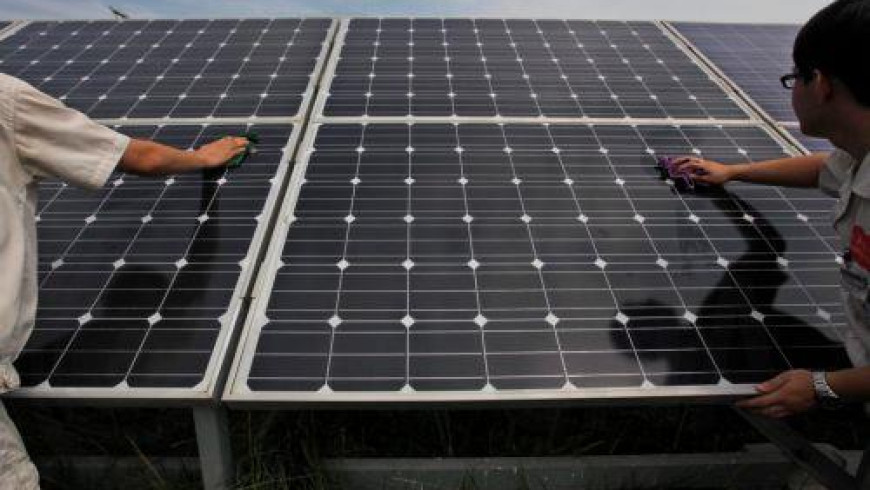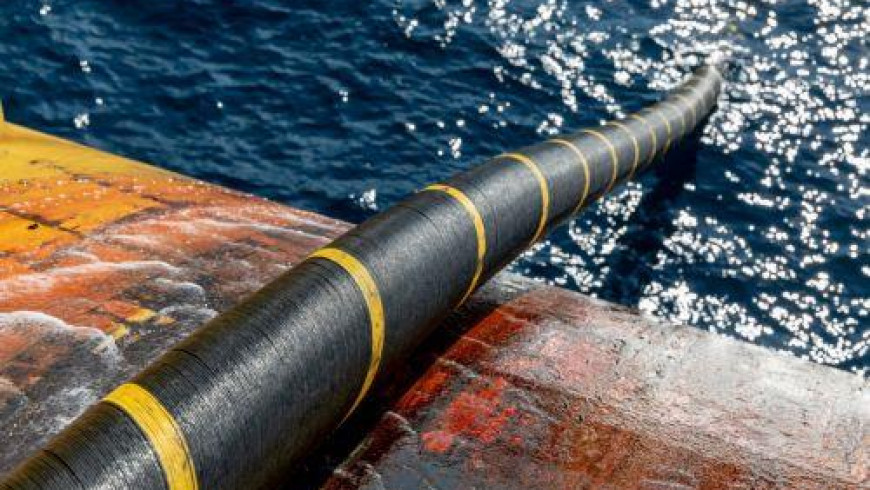
Cyprus has proved unprepared to deal with the energy crisis and the repercussions on its economy from the price hike in oil, experts told StockWatch on Friday, after the ongoing increase in the price of crude oil, which has reached $47 per barrel for WTI and $44 per barrel for Brent.
Cyprus is vulnerable
“Cyprus should have realized how vulnerable it is in the energy sector. There have been significant delays in several projects, such as the building heat insulations, which is still optional. Heat insulations on buildings would enable users to consume less energy on heating in winter and air-condition in summer”, consultant engineering, Ioannis Fesas said.
Mr. Fesas also noted that Cyprus should develop its transports in a more effective way. “Due to trade union interests in transport, many lorries make their routes empty, since they are unable to carry loads other than those provided by the law. The use of school buses could also reduce the energy spending”, he concluded.
Need to adopt energy policy
Environment Service Officer, Costas Papastavrou expressed his surprise on the delays in the enforcement of heat insulating building law. “Cyprus is indeed unprepared to deal with the energy crisis. The need to adopt an energy policy is acute, irrespective of the price of oil”, Mr. Papastavrou said, stressing the need to introduce a public transport system that would consume less power in transports.
Price is still low
Hellenic Bank official, Yiannis Telonis said that Cyprus should have adopted an energy policy with a special emphasis on the building heat insulation, due to the lack of alternative sources of energy.
“Despite the sharp increase in the price of crude oil, it should reach $200 per barrel so that its repercussions on economy would be similar to those of the energy crisis in 1973. The price hike in oil will affect not only the balance of current accounts and inflation, but also the growth rate and the state expenditure.
Need of incentives
“The percentage of buildings with correct energy specifications is low. This is attributable to the fact that the state does not give incentives to the citizens”, Chairman of the Land Developers’ Association, Lakis Tofarides told StockWatch.
Similarly, ETEK Chairman, Themos Georgiou said that the construction of heat insulating houses was never a priority for the Cyprus government. “The fact that the bill has not been approved by the Parliament yet, is attributable to the bureaucratic dysfunction in the civil service.
Importance of heat insulation
According to StockWatch sources, the standard on heal insulation was launched and prepared during the energy crisis of 1981 by Mr. Kyprianou’s government and was completed in 1998 by Mr. Clerides’ government. Six years later, this standard is still optional. It is worth noting that a well heat insulated roof would save 30%.
StockWatch contacted the Interior Minister’s Office, but the Minister was unavailable for comment.
+7% per annum
The consumption of power in Cyprus is constantly increasing, irrespective of the price of crude oil. Total power sales from EAC reached 3,011,23 million kilowatts in 2000 and 3,696,07 in 2003 (+7% per annum). Power consumption in other European countries increases by 1%.
StockWatch contacted the Commerce Minister’s office, but he was unavailable for comment.
Cyprus is vulnerable
“Cyprus should have realized how vulnerable it is in the energy sector. There have been significant delays in several projects, such as the building heat insulations, which is still optional. Heat insulations on buildings would enable users to consume less energy on heating in winter and air-condition in summer”, consultant engineering, Ioannis Fesas said.
Mr. Fesas also noted that Cyprus should develop its transports in a more effective way. “Due to trade union interests in transport, many lorries make their routes empty, since they are unable to carry loads other than those provided by the law. The use of school buses could also reduce the energy spending”, he concluded.
Need to adopt energy policy
Environment Service Officer, Costas Papastavrou expressed his surprise on the delays in the enforcement of heat insulating building law. “Cyprus is indeed unprepared to deal with the energy crisis. The need to adopt an energy policy is acute, irrespective of the price of oil”, Mr. Papastavrou said, stressing the need to introduce a public transport system that would consume less power in transports.
Price is still low
Hellenic Bank official, Yiannis Telonis said that Cyprus should have adopted an energy policy with a special emphasis on the building heat insulation, due to the lack of alternative sources of energy.
“Despite the sharp increase in the price of crude oil, it should reach $200 per barrel so that its repercussions on economy would be similar to those of the energy crisis in 1973. The price hike in oil will affect not only the balance of current accounts and inflation, but also the growth rate and the state expenditure.
Need of incentives
“The percentage of buildings with correct energy specifications is low. This is attributable to the fact that the state does not give incentives to the citizens”, Chairman of the Land Developers’ Association, Lakis Tofarides told StockWatch.
Similarly, ETEK Chairman, Themos Georgiou said that the construction of heat insulating houses was never a priority for the Cyprus government. “The fact that the bill has not been approved by the Parliament yet, is attributable to the bureaucratic dysfunction in the civil service.
Importance of heat insulation
According to StockWatch sources, the standard on heal insulation was launched and prepared during the energy crisis of 1981 by Mr. Kyprianou’s government and was completed in 1998 by Mr. Clerides’ government. Six years later, this standard is still optional. It is worth noting that a well heat insulated roof would save 30%.
StockWatch contacted the Interior Minister’s Office, but the Minister was unavailable for comment.
+7% per annum
The consumption of power in Cyprus is constantly increasing, irrespective of the price of crude oil. Total power sales from EAC reached 3,011,23 million kilowatts in 2000 and 3,696,07 in 2003 (+7% per annum). Power consumption in other European countries increases by 1%.
StockWatch contacted the Commerce Minister’s office, but he was unavailable for comment.













 3287.99
3287.99 1275.09
1275.09
